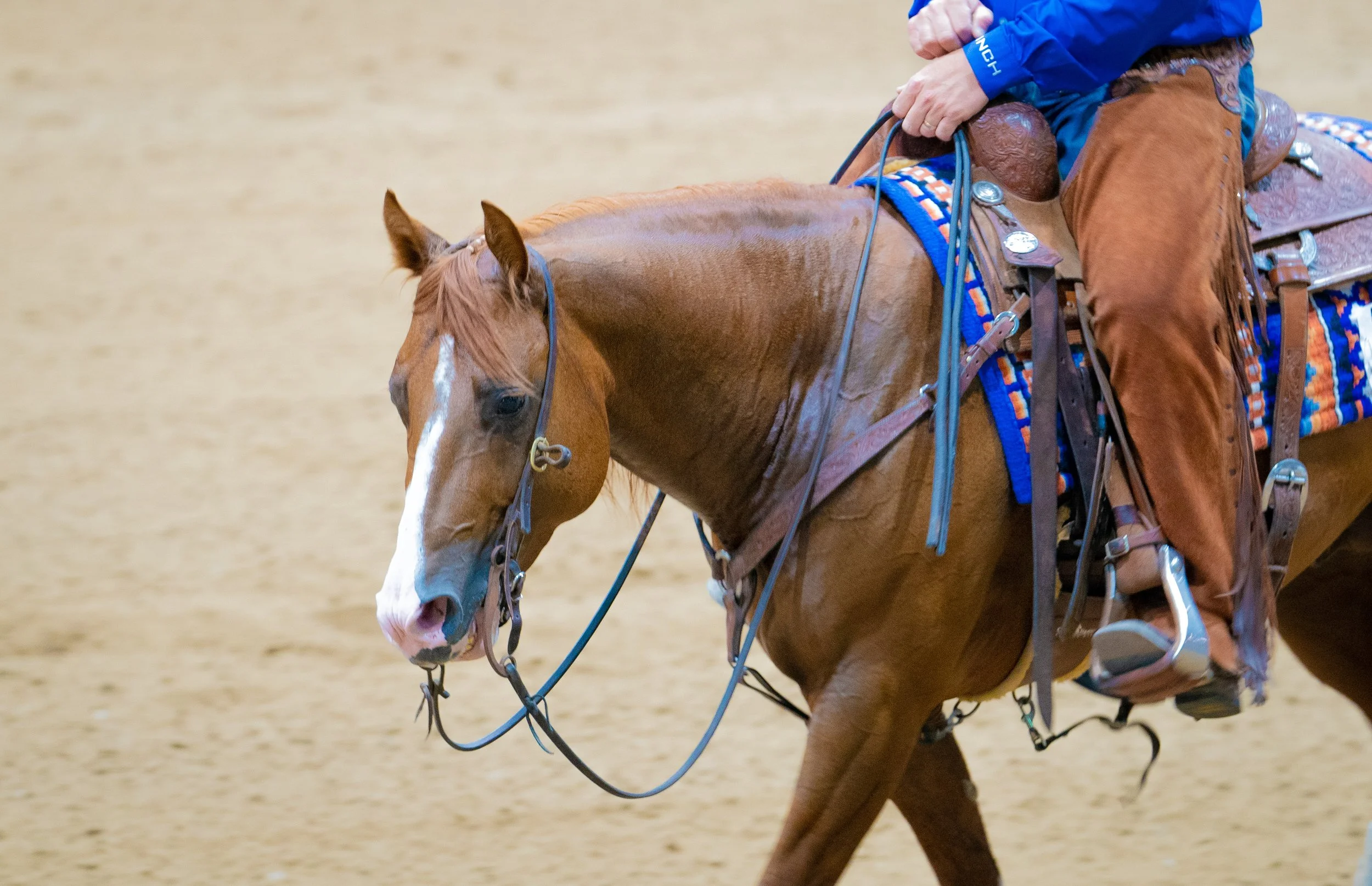What Is Social License?
Perception is reality, and that perception can detrimentally influence everything we do. Photo by Jennifer Paulson
For years, I’ve told horse-training professionals that what they perceive as acceptable training practices might not be what the unfamiliar public perceives as acceptable. And the hard truth is that perception is reality.
In a nutshell, that’s what social license to operate means. It’s a buzzword in equestrian circles that the Fédération Equestre Internationale began addressing a few years ago and is gaining influence in Western sports. It’s a tough thing for many of us to accept because we’ve been doing what we do for so long, it all seems normal, humane, and acceptable. However, with the growing popularity of our events and horses (thank you, Yellowstone Effect), people who aren’t educated about what we do get the final say in if it’s right or wrong.
It’s easy to write off their opinions. After all, they don’t know why a bridle horse wears a spade bit or a rope horse has a tie down. They might not understand why a horse lives in a box stall, even if, when turned out, the horse whinnies at the gate, begging to be back in his comfort zone. But just because they don’t know doesn’t mean they don’t have opinions and influence. They can get animal welfare groups involved. They can enact legislation. Ultimately, they can put an end to everything we do with horses.
So, what can we do? As marketers and members of the media, we have the power of education, both of members of our own horse community and outsiders who don’t understand us.
We have a responsibility to help associations, events, trainers, riders, and brands understand the danger involved in public perception, i.e., social license to operate. We must encourage them to take a hard look at what they’re doing. Are we doing things this way because it’s the way we’ve always done them? Or is it because it’s the right way?
On the other side, we have a responsibility to create ways to inform outsiders about our training methods, horsekeeping practices, traditions, and all the other reasons they might ask, “why?” We can encourage those involved with horses to be open to answering questions and welcoming outsiders to learn more.
From reining to rodeo, cow horse to cutting, social license to operate should be at the forefront of nearly everything we do. We all should share this concern, because how one discipline is perceived spreads across all disciplines, from English to Western to racing. Those of us in marketing and media can play a big role in preserving our way of life and how we make a living.

